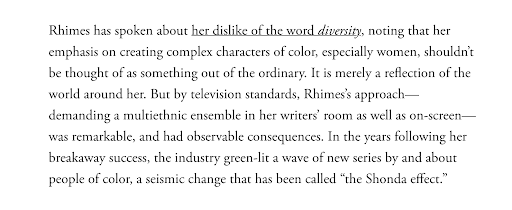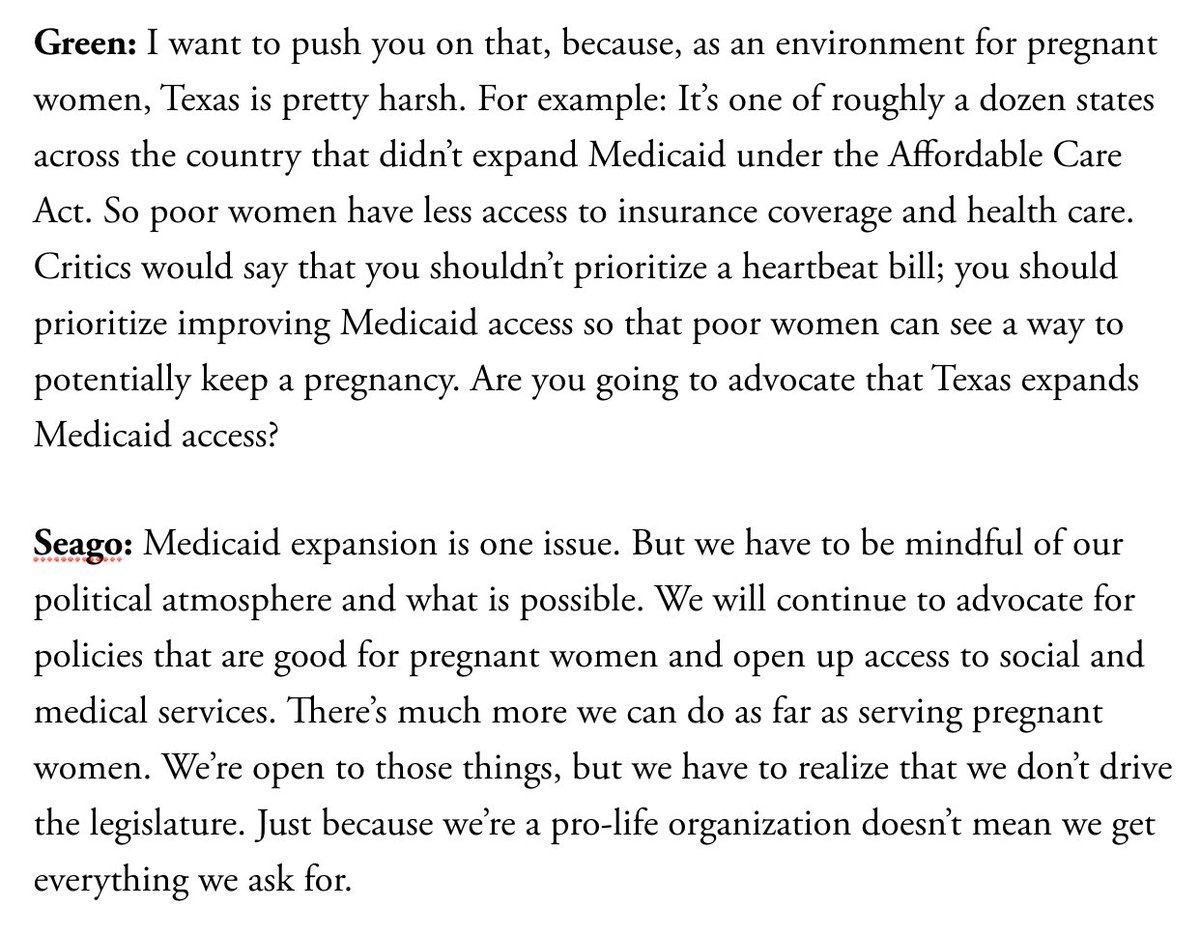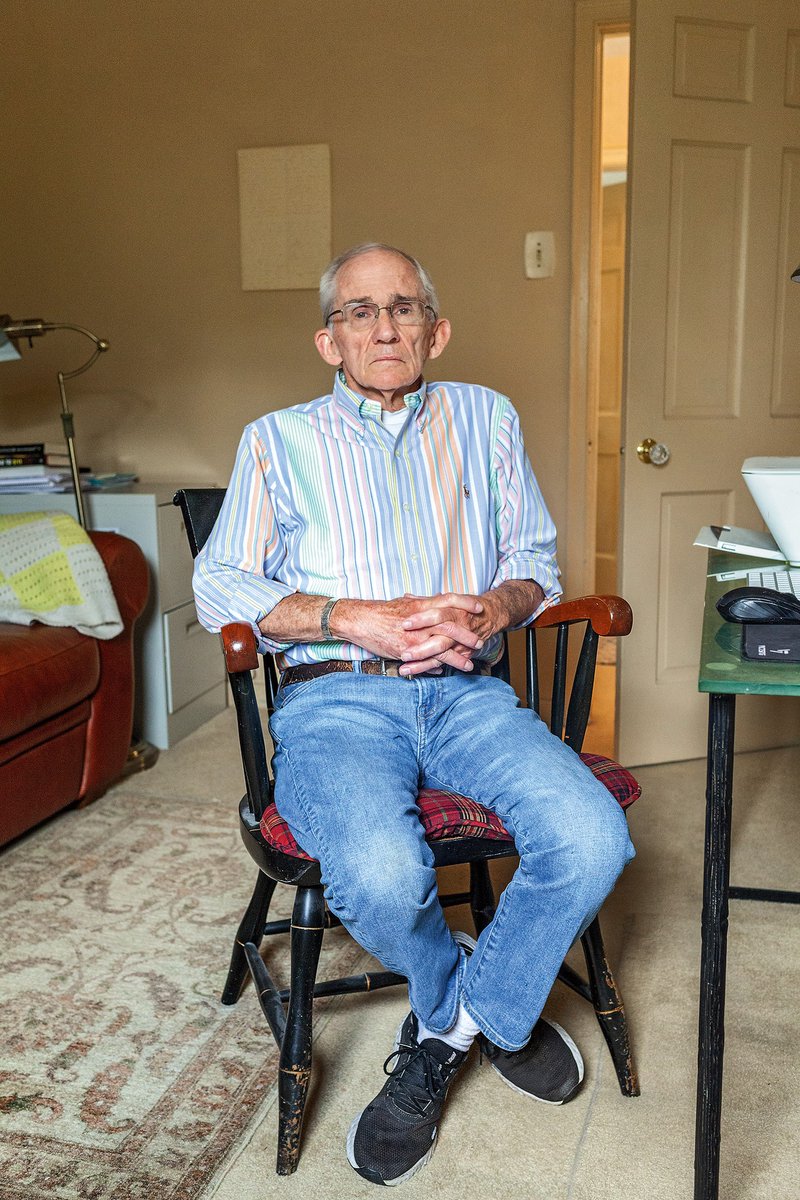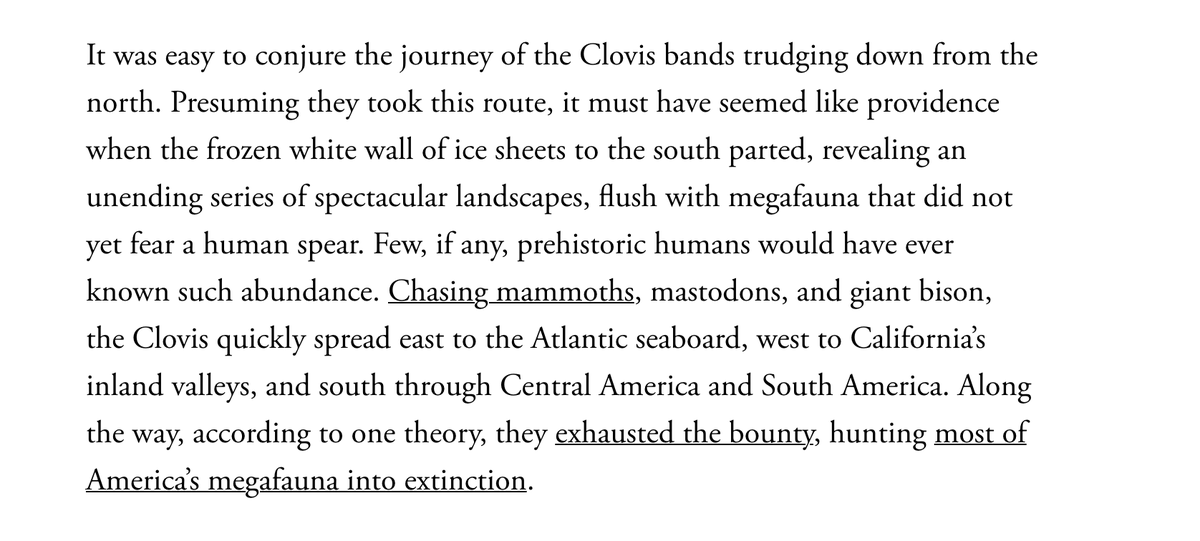
1/10 It was once a struggle to get Black characters on TV. Yet even today, as streaming services advertise “Black Lives Matter” and “Representation Matters” collections, Black screenwriters often navigate a set of implicit rules. @hannahgiorgis reports: on.theatln.tc/NdmL2GF 

2/10 In the 1950s and ’60s, Sammy Davis Jr. and Nat King Cole headlined variety shows. Yet it wasn’t until 1972, when @TheNormanLear and Bud Yorkin launched “Sanford and Son,” that networks tried something more daring, with a show regularly addressing racism. 

3/10 “‘Sanford and Son’ and ‘The Jeffersons’ proved that series with predominantly Black casts could be hits,” Giorgis writes. “Yet white executives continued to view Black shows as too much of a gamble.”
4/10 The 1980s produced little programming that focused on Black performers. “The Cosby Show” was radical in its own way—pushing back on the expectation that it be “Black” in a way that conformed to the perceptions of white people, Giorgis writes. 

5/10 “The Cosby Show” was criticized for how “unrealistic” it was, reflecting a “damned-if-you-do, damned-if-you-don’t dilemma that ‘Cosby’ writers faced: Be Black, but not too Black. Or: Be Black, but not like that,” Giorgis writes. “White writers were never whipsawed this way.” 

6/10 The ‘Cosby’ spinoff “A Different World” went all the places its progenitor wouldn’t, Giorgis writes. It subtly altered “the trajectory of television—both through its handling of race and through the opportunities it gave to Black writers who have shaped the industry.” 

7/10 In this new environment, the networks UPN and the WB went on to have evening slates full of Black shows and employed a disproportionate share of the writers of color in the industry. Writers at last felt “the creative freedom that comes from not having to explain yourself.” 

8/10 Yet some of the biggest changes in the industry were not tied to a network but to one woman: Shonda Rhimes. For a time, Giorgis writes, Rhimes was producing roughly 70 hours’ worth of television annually and generating more than $2 billion a year for Disney, which owns ABC. 

9/10 “And yet Black writers and showrunners say they still hit the same old walls,” Giorgis writes. Issa Rae’s dramedy, “Insecure,” accomplished “the rare feat of being a series that depicts Black life without pathologizing or feeling burdened by it.” Its success wasn’t a given. 

10/10 “Decades ago, Black visionaries were up against both market factors and corporate resistance—not a fair fight,” Giorgis writes. “But demographics have changed, and so have public opinion and popular taste.” Read her full story: on.theatln.tc/NdmL2GF
• • •
Missing some Tweet in this thread? You can try to
force a refresh











